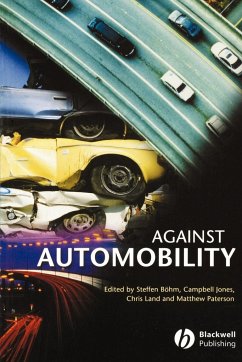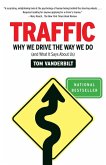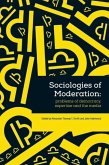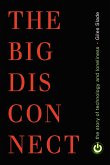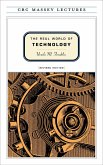Despite the promise of freedom and autonomy that has been claimed to characterize the automobile, the automobile is also implicated in wholesale ecological destruction, automated industrial factory production and a uniquely individualistic conception of autonomy. This contradiction at the heart of automobility is the target of this book, which takes to task the moving 'iron cages' that roam the modern landscape. Given the ubiquity of the automobile, and the patent contradictions and impossibilities on which it rests, it is strange that automobility has escaped serious critical theoretical attention for so long. In this volume, distinguished scholars from across the social sciences and humanities focus a critical theoretical gaze on the automobile or, more accurately, on the regime of automobility that conjoins a particular conception of autonomy with a particular conception of mobility and sees the automobile as the pure living embodiment of automobility. The contributors interrogate not simply 'the car' but also the social forms of organization that enable, and are reproduced by, widespread automobility; the cultural reproduction of auto-mobile subjectivities; and the political refiguration of autonomy and constraint that have been driven by automobility. In doing so, they open the space for a political evaluation and reappraisal of automobility in all of its facets. This volume will be of interest to those working in areas such as geography, politics, consumption and cultural studies, but also to those in critical theory and the sociology of objects and of everyday life. It shows a way of thinking about, against, and beyond the current regime of automobility.

